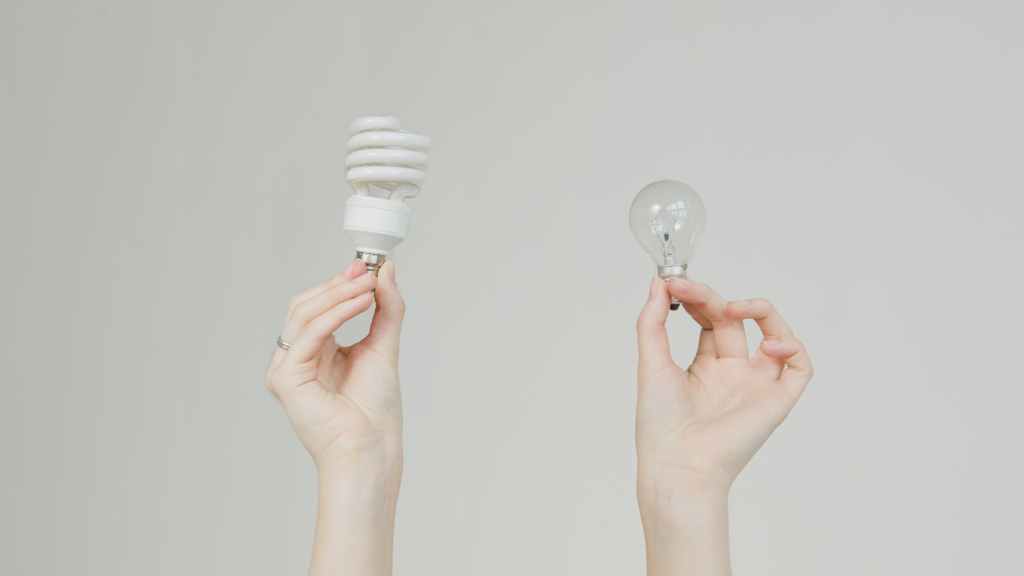
A lot of people don’t realize how much energy they use in a day. Whether you’re just sitting at home or going to work, there are many little ways that you can save electricity and other forms of energy without having to make any major changes. The following list includes some easy-to-follow tips on how to start saving electricity right away and how to save energy in your day-to-day life.
Contents
How to Save Energy in Your Day-to-Day Life
Make sure your home is properly insulated. Heating and cooling accounts for a big chunk of energy consumption. Improving your insulation level can lead to major energy savings. Open your blinds during the day. Keep sunlight out of your home. Turn off unnecessary lighting. Install a low-flow water heater. Make sure your garage door is closed when you’re not home. Use energy efficient appliances. Use dishwashers and clothes dryers that use much less water. Take shorter showers. Make your home as energy efficient as possible. Check the energy use on your electric bill. Repurpose your lights. Turn off the lights that are not being used. Turn the lights on only when you need them. Use energy efficient light bulbs. Use energy efficient lightbulbs in your lamps and appliances.
Saving Energy on a Daily Basis
Refrigerators and air conditioners are the two largest energy users in a home. If you’re using these appliances, you should try to be careful how you’re running them so that you can save some energy. Turn off and unplug everything you’re not using, especially during the night. Close all of the curtains, including your shades, so that the room is dim. Turn off the lights when you’re not in a room. Check the lights in your house to make sure they’re dimmable. Most dimmable lights don’t use as much energy as conventional lights, so they can save you money. Stock up on Energy Star approved light bulbs. While energy saving bulbs may save you a little bit of money over the course of the year, it’s the long-term savings that you’re really looking for. Use energy efficient shower heads.
Saving Energy on a Weekly Basis
To start saving money on electricity, you should first save up enough for your annual budget. This may seem daunting, but it’s doable with simple tricks like turning down your thermostat, closing your blinds, and conserving energy when possible. You should also avoid running multiple lights or other appliances all at once. To see if you’re overusing energy in your home, you can check your power usage against the same day in the previous month. Saving Energy with Changing Light Bulbs To help reduce energy consumption in your home, you should look into changing the bulbs in your home. This can save you around $10 each year. However, the cost of replacing bulbs may be too much to handle.
Saving Energy on a Monthly Basis
If you don’t think that you can immediately cut back on your energy consumption, you may still be able to save some money on your energy bill. Paying attention to where your energy consumption is coming from will enable you to cut down on your energy costs. Try to do these things on an hourly basis. Only use the appliances in your home that you need. This could include only using the microwave when you’re actually making something, and shutting off your computer if you’re on your email. Also, unplug all of your appliances when they are not in use. If you have a refrigerator, for example, be sure that you don’t leave it running all night or when you’re not at home. Switch to LED Light Bulbs LED light bulbs are much more efficient than their incandescent counterparts.
Conclusion
After reading this article, you’ll have an easier time realizing how much energy you waste, as well as some easy ways that you can improve your habits and save energy in your home. In the future, you’ll hopefully be in a much better position to make changes if you’re not already.
Dylan Welch is the CEO and Host of Going Green, a podcast, website, and social media brand that highlights renewable energy, cleantech, and sustainable news.